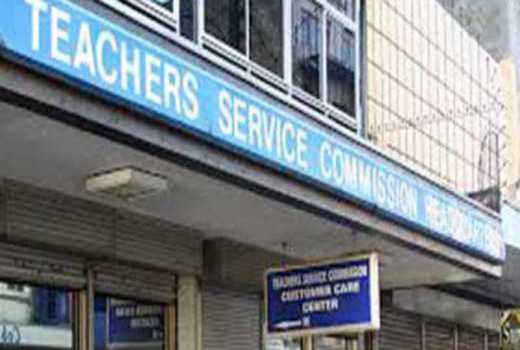×
The Standard e-Paper
Kenya’s Boldest Voice

The teachers’ appraisal report has returned a shocking verdict of cooked results, poor dedication of teachers and sheer disinterest that threaten to sabotage performance tools.
The just released 2017 report shows that top Teachers Service Commission (TSC) managers at the county level are sleeping on the job as huge discrepancies emerge on teachers and schools data under their supervision.